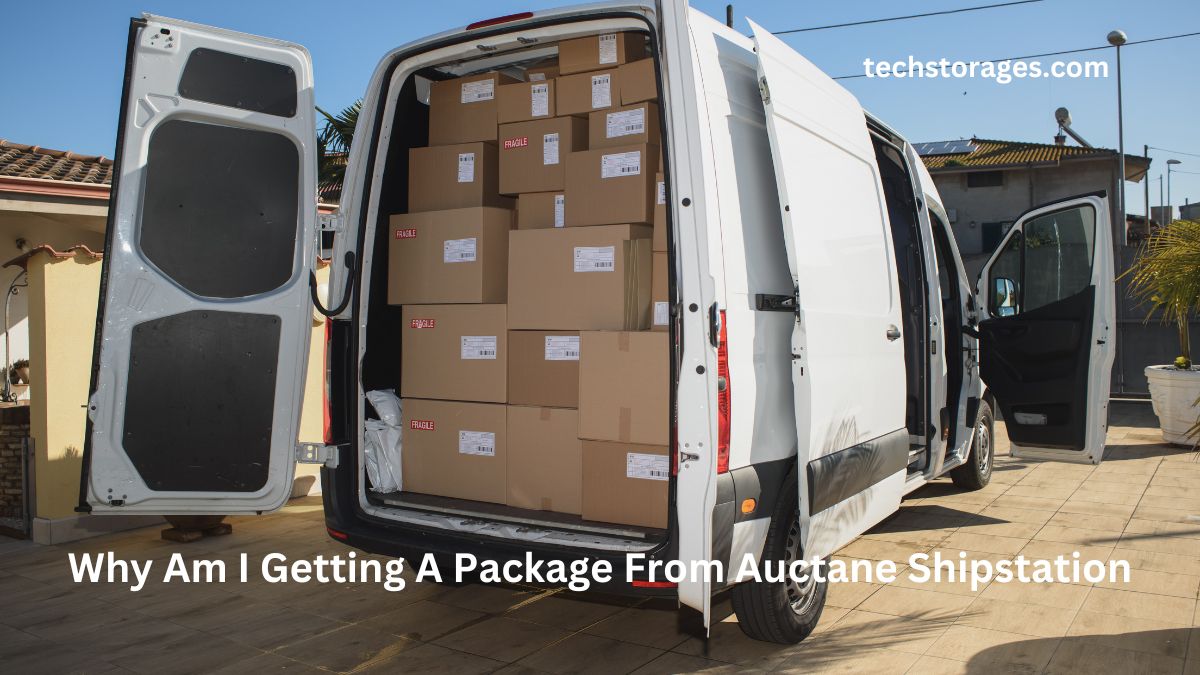Behind every commodity lies a story: one of labor, extraction, trade, and impact. As global markets evolve, the ethics of commodities trading are receiving more attention. Investors and traders alike are beginning to look beyond price charts and ask important questions about how commodities are sourced, who is affected, and what responsibilities the trading community has in shaping a fairer and more sustainable system.
The human cost behind raw materials
Many commodities come from regions where labor standards are poorly regulated. From cobalt mines in the Congo to coffee plantations in Central America, exploitation is an unfortunate reality. Child labor, unsafe conditions, and low wages still exist in parts of the supply chain that feed into global markets.
Traders cannot afford to ignore these issues. As awareness grows, so does the demand for ethically sourced commodities. In commodities trading, choosing to support suppliers and producers who adhere to fair labor practices is not only a moral stance—it can also reduce reputational risk.
Environmental impact matters more than ever
Commodities like oil, palm oil, and certain metals have significant environmental footprints. Deforestation, carbon emissions, and water pollution often accompany large-scale extraction and production. Investors are increasingly pressuring companies to disclose and reduce their environmental impact.
This growing trend has led to the rise of sustainable commodity funds and ESG-aligned trading strategies. Traders in commodities trading are now factoring in environmental policies when selecting assets. It is no longer enough to consider only demand and supply. Environmental performance is becoming part of the financial equation.
Transparency is a trader’s ally
A major challenge in ensuring ethical practices is the lack of visibility in supply chains. Commodities often pass through multiple hands before reaching end users. This complexity can obscure unethical practices and make it difficult for traders to know the true origin of what they are buying or selling.
New technologies like blockchain and digital traceability tools are beginning to address this. By offering verifiable sourcing data, these tools help traders make informed decisions. In commodities trading, platforms that prioritize transparency are gaining trust from a new generation of conscious investors.
Regulatory shifts signal a changing landscape
Governments and international organizations are beginning to implement regulations requiring greater disclosure and accountability in commodity markets. From conflict mineral reporting to emissions tracking, these frameworks are pushing firms to take ethical considerations more seriously.
Traders who stay ahead of these regulatory trends are not only more compliant but also better positioned for long-term success. In commodities trading, adapting early to ethical requirements can open doors to institutional investors and ESG-focused funds.
The role of personal responsibility
Ethics in trading is not just about laws and policies. It is also about individual choices. Traders can choose to avoid assets with questionable backgrounds, support platforms with sustainability initiatives, and advocate for more transparency within the industry.
While profit will always play a central role, values are becoming a more important part of the equation. In the evolving world of commodities trading, those who combine sharp analysis with conscious decision-making are leading the shift toward a more responsible future.




